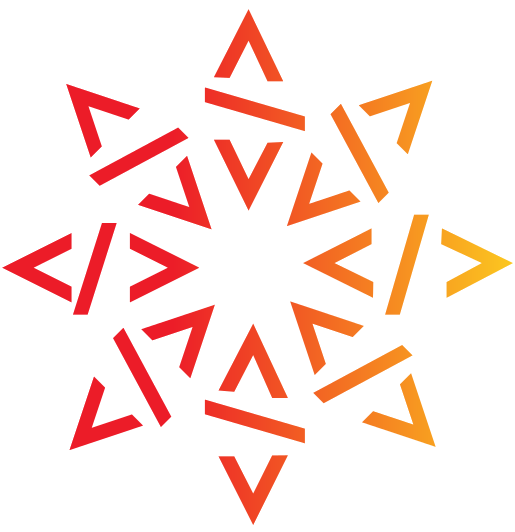Sorbonne Paris North: Archiving code, advancing Open Science

Libraries advance teaching, research, and learning by providing resources, enabling discovery, and offering expert guidance. As software source code becomes increasingly central to contemporary scholarship, libraries must support researchers who work with it. In this series of interviews, professionals share their approach to research software.
Sorbonne Paris North University is committed to promoting Open Science in its research departments. To achieve this goal, the university relies on the expertise of its Service Commun de la Documentation (SCD). Karim Boualem, head of research support, explains the actions taken to support researchers in this evolution. The institutional charter on Open Science includes a commitment to Software Heritage.
Université Sorbonne Paris Nord is a multidisciplinary university (humanities and social sciences, engineering school, law faculty, medical faculty, etc.) with 1,200 research teachers, 550 doctoral students, and 29 research departments (Inserm, CNRS). The university is also a member of the Condorcet campus, which brings together several institutions.
Inside the roadmap
To what extent were the decision-makers aware of software archiving?
The decision-making bodies (“Research” vice-chair and “Research” committee) were already aware of its importance thanks to the presence of an important laboratory, the Paris Nord Computer Science Laboratory (LIPN) in our university. Jaime Arias (LIPN member and Software Heritage ambassador) played a central role by introducing Software Heritage into our new version of the Open Science Charter.
What was the role of the library in the charter constitution?
The library has a leading role in Open Science and scientific publishing issues. The university library’s strategic focus on Open Science was confirmed by the adoption of the Open Science Charter by its governing bodies. Software Heritage is perfectly integrated into this ecosystem, as exemplified by the interoperability between HAL and Software Heritage. It was natural that the library should play an important role in promoting Software Heritage.
Library projects around the software
What services would you like to offer your patrons?
Training, awareness raising, toolkits, developing the network of ambassadors, etc.
Regarding software, what are the top priorities for patrons?
Outside our computer science laboratory, the FAIR principles in the field of software are not yet fully understood by our scientific community.
What are the needs that you consider as priorities for library staff who will/are involved in implementing these services for the software?
There’s a need for training and, above all, collaboration with the scientific community. The link between the university library and our computer lab is essential and needs to be developed further.
Libraries can be key players
What are the strengths of libraries in addressing emerging areas like software preservation?
Libraries have gained legitimacy in structuring the institutions’ Open Science policies. The unique experience of the academic libraries in indexing is a major asset.
If you were to speak with another library manager, how would you describe the contribution of Software Heritage to their service?
- Complements and extends existing open science services, such as HAL and ORCID.
- Meets the requirements of the French national roadmap for source and software codes (Open Science Plan).
Join the next “Open Science Talks” webinar December 12, 2024
The Centre for Direct Scientific Communication (CCSD) will host a webinar in French on December 12 dedicated to including software in institutional open science policies. The event will focus on three key areas:
- The national policy and initiatives from the “Source Codes and Software College” from the French Committee for Open Science
- The local political dimension with the intervention of an institution that has already included the software in its roadmap (Sorbonne University Paris Nord)
- The operational dimension with feedback from a team that will present which type of support actions have been implemented to favor the adoption of
Register with this link.
